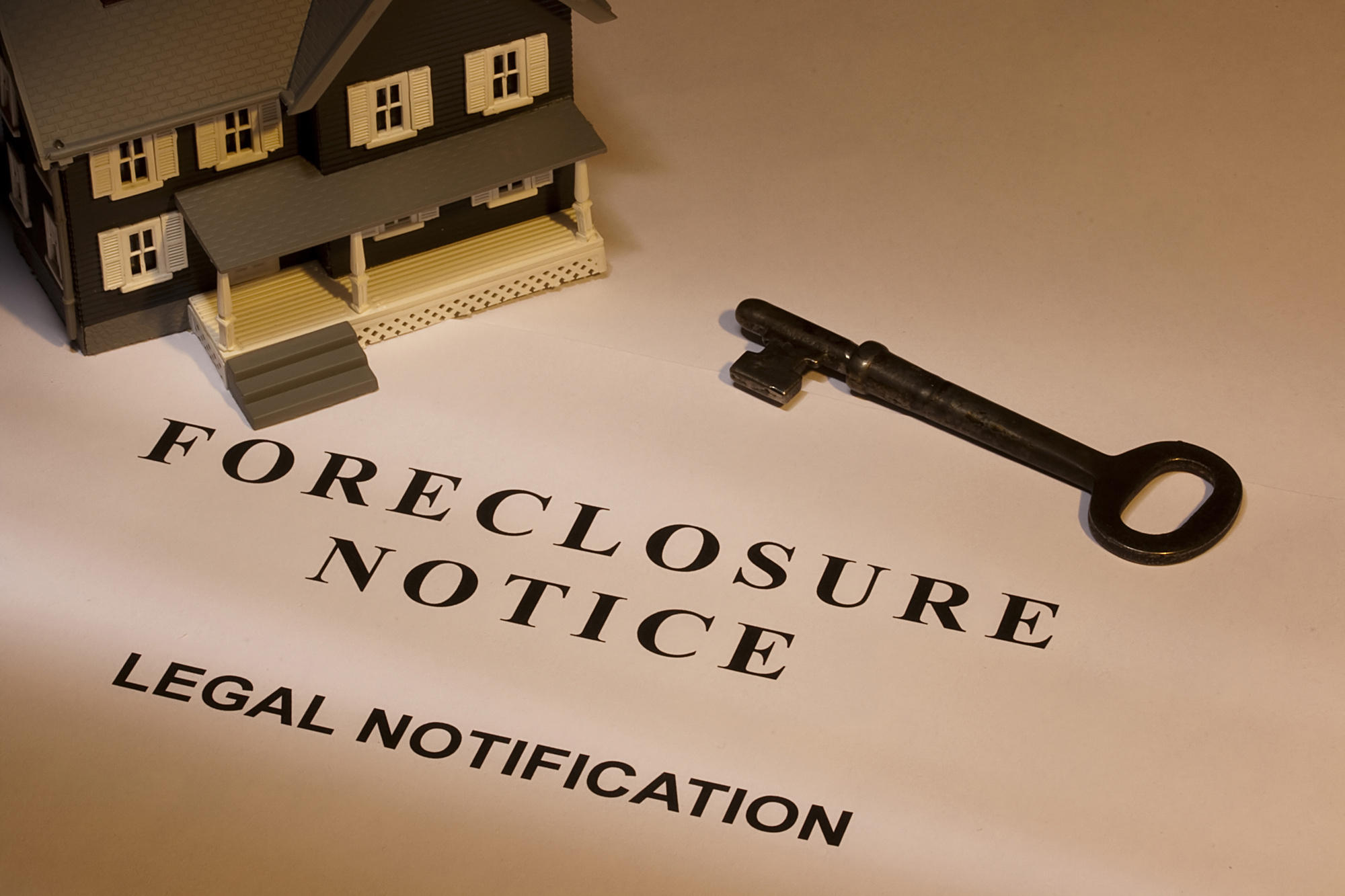
In February 2022, lenders filed 25,833 foreclosures, and that’s just one month alone. Every month, lenders file foreclosures when borrowers fall behind on their payments.
Foreclosure doesn’t happen instantly, so you have time to act when you first learn of the pre-foreclosure.
Many homeowners look for strategies to avoid foreclosure, as it has adverse effects on their credit. Are you looking for options to prevent it?
If so, check out this guide as we explain the various options you can use to avoid losing your home to foreclosure.
Pay Your Arrears
One of the best ways to avoid foreclosure is by settling your past-due balance with your lender. If you pay the arrears, your lender will stop the foreclosure.
While this sounds simple, it’s not so easy if you’re really behind on your mortgage. After all, you might need a lot of money to catch up on your payments.
Can you think of a way to acquire enough cash to pay the balance? If you can pay the arrears, you’ll no longer face foreclosure. The downside is that you might not have a way to acquire all this cash.
Therefore, you’ll likely need a different strategy. The main point to consider is finding a way to avoid it, as a foreclosure adversely affects your credit.
A foreclosure will remain on your credit report for seven years. It also decreases your credit score, and lenders view it negatively when applying for credit lines and loans.
Use a Forbearance or Modification
You can also stop a pre-foreclosure through two services that lenders offer. If your house is heading to foreclosure, you might want to consider one of these options:
Forbearance
When borrowers can prove they have a financial hardship that led to missed mortgage payments, their lender might allow a forbearance. A forbearance helps you financially by adjusting your mortgage payments.
For example, a forbearance might stop your mortgage payments for a few months or so. It might also reduce your mortgage payments. The point is to give you some time to settle your financial matters.
If your lender approves this, you’ll still have to repay your entire loan balance, including your missed payments. You might also have a deadline for paying your past-due balance.
If you’re already in the pre-foreclosure process, you might face more challenges getting approved for a forbearance. You’re better off doing this before the lender starts pursuing foreclosure.
Loan Modification
A loan modification is the second tool lenders offer for borrowers who fall behind on their mortgage payments. This tool also helps you stop a pre-foreclosure.
A loan modification changes your loan terms permanently. For example, a loan modification might extend the duration of your loan to lower your payments. It might also erase some of your past-due balance.
Loan modifications might also provide a lower interest rate or other beneficial terms. But, again, if your lender approves this, it stops the foreclosure and provides a more affordable repayment plan.
Using these options allows you to stop a foreclosure and keep your home. You may want to consider using one of these options if keeping your home is your main objective.
List Your Home for Sale
Many people prefer getting rid of their homes when facing foreclosures, and you can do this in several ways. The first option is to list your home. Selling a house in foreclosure is something that most lenders allow.
You might want to ask your lender about using a short sale when selling a house in pre-foreclosure. A short sale takes longer than a regular sale, but it allows you to sell your home for a lower price.
If your lender allows a short sale, you might have to pay taxes on the loss on the sale. Lenders call this the deficit, which refers to the difference between the selling price and your loan balance.
The downside to selling a house in foreclosure is that you’ll need to find a buyer quickly, which isn’t always an easy task.
Sell Your House to a Cash Buyer During Pre-Foreclosure
The last option might be the best choice for you, which is selling your house for cash to a real estate investor. If you haven’t pursued this option yet, it’s a smart one to consider.
Here are several things to consider with selling your house to a cash buyer:
The Process
The process begins by contacting a cash buyer. The cash buyer will ask you some questions about your home before offering you an amount for your house.
When you receive the offer, you can review it and decide how to respond. If you accept the offer, you’ll have a guaranteed sale for your house. Next, you’ll close on the deal.
At that point, your lender will stop the foreclosure because you no longer own the house after closing on it.
The Benefits
Before you decide what to do, you might want to consider the benefits of selling a house for cash. The main benefit is avoiding foreclosure by finding a buyer for your house.
One significant benefit is that you’ll close quickly. It generally takes only two weeks to close the deal. Secondly, the deal won’t have any contingencies, so you won’t have to invest any money into your property.
Finally, you won’t have to worry about the deal falling through. A cash deal is a guaranteed sale.
Choose the Best Option for Your Home
Facing pre-closure is never a good place to be as a homeowner, but you have options. You can consider all the strategies in this article to find the right one, but you might discover that selling for cash is the best one.
If you live in the Nashville area, contact us at We Buy Houses Nashville. We can give you a cash offer for your house and help you avoid losing your home to foreclosure.

